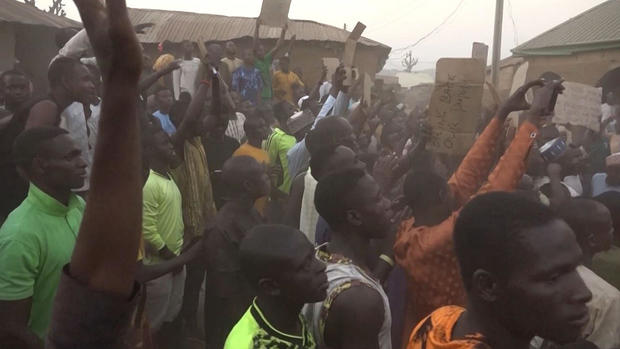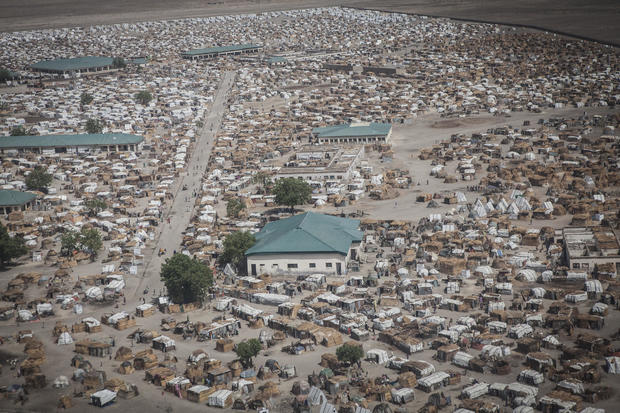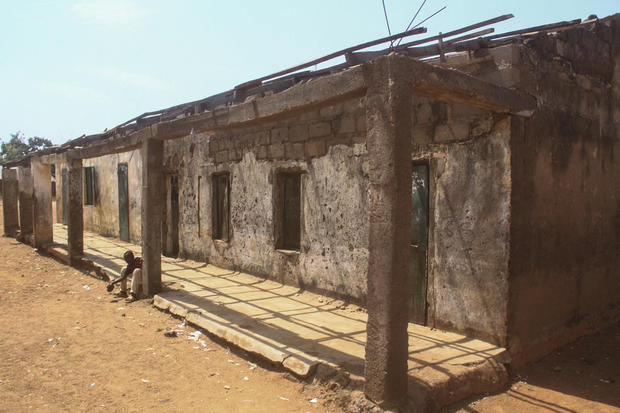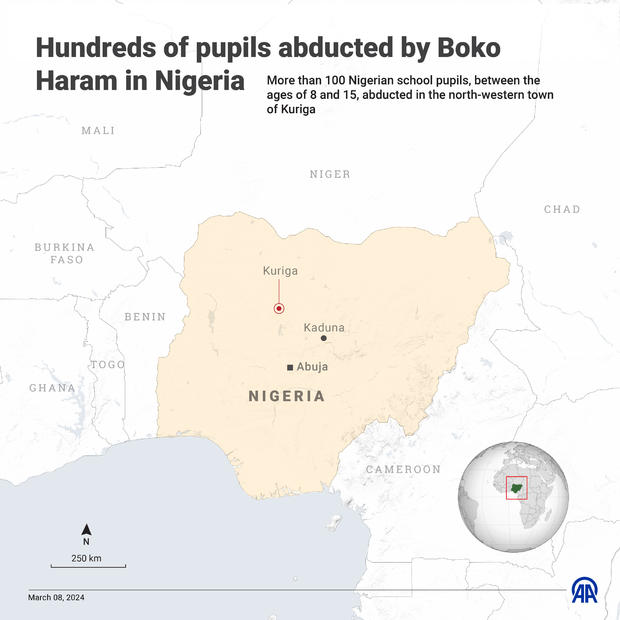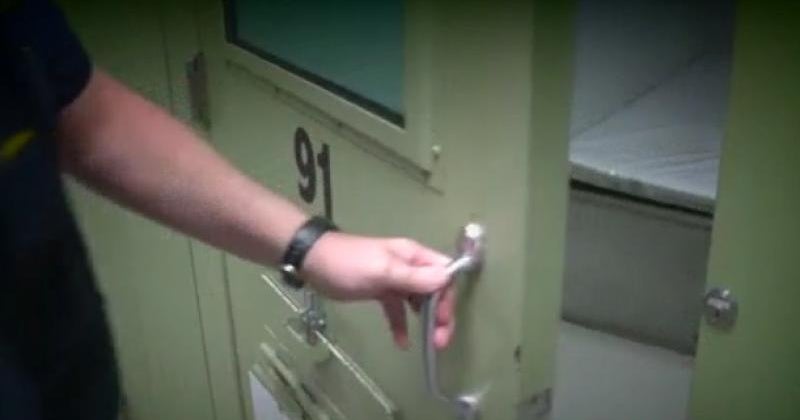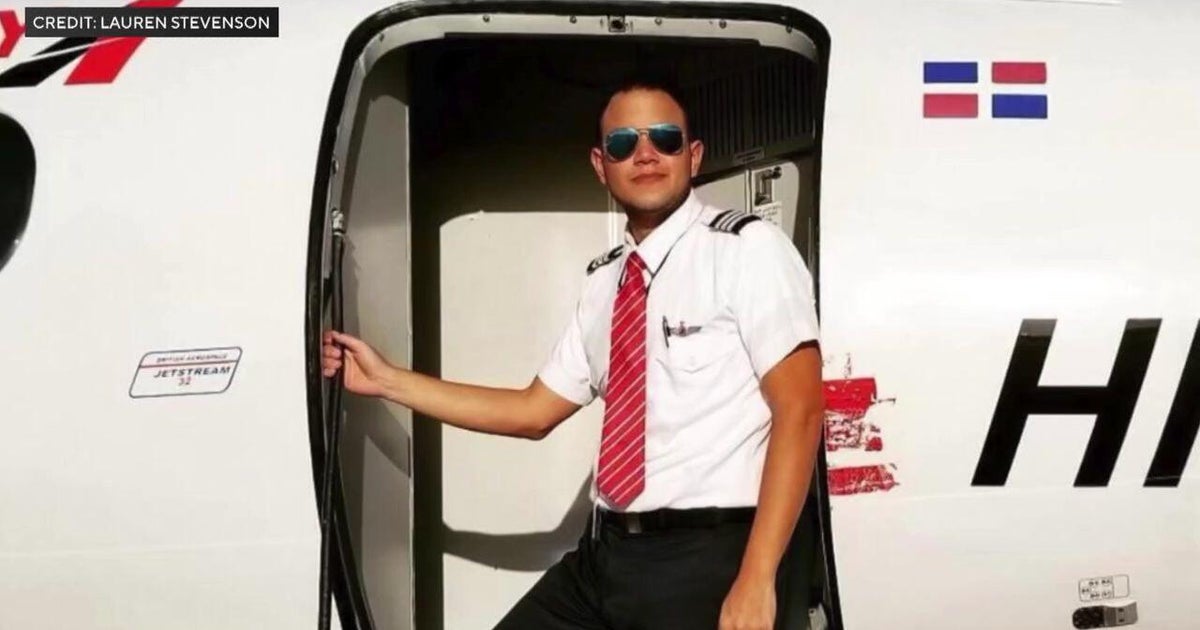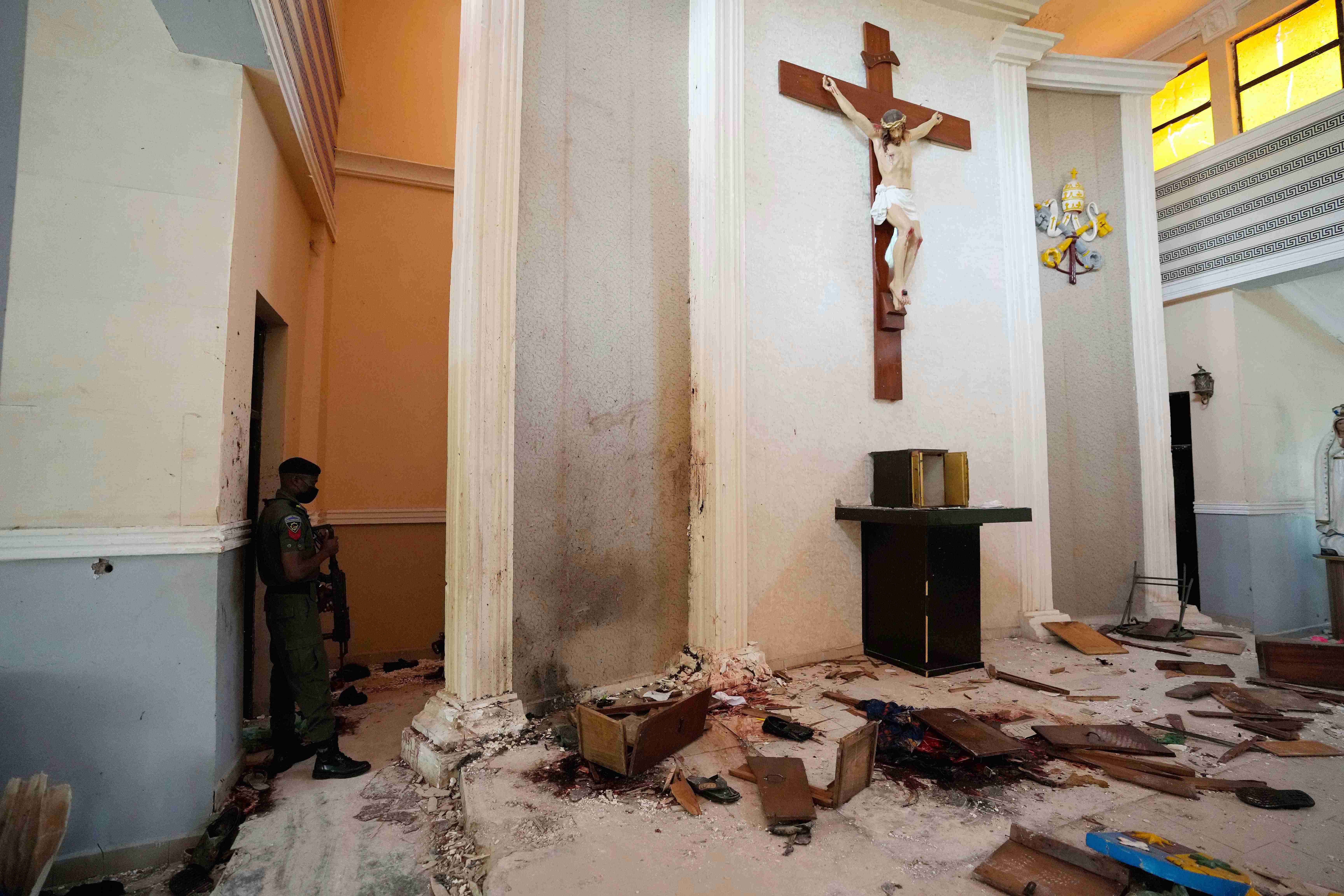Mass kidnappings from Nigeria schools show "the state does not have control," one expert says
Johannesburg — "In the past 10 years we have seen more than 17 mass kidnappings. It's a bad record for any country and government, a total breakdown of the social contract," regional security expert David Otto told CBS News over the weekend about the situation in Nigeria. "Most of the victims are women in these attacks, and when you attack women you have attacked society. The attacks of the last week — when 200-plus people are just taken — show after two decades of fighting insurgency, the government is still unable to protect society from terrorist groups."
Otto spoke as the parents of more than 280 children voiced their anger over a mass abduction in Nigeria's northern Kaduna state. The students, boys and girls between the ages of 8 and 15, were seized by armed men from the elementary and secondary schools in the town of Kuriga on Thursday.
The parents told local media outlets that bandits, as kidnap gangs in the region are commonly called, had taken their children and they implored Nigeria's government to pay any ransom being demanded to secure their safe return.
Before the sun came up on Saturday, gunmen abducted another group of children from a school in Sokoto, a town in northwest Nigeria.
That was a smaller kidnapping, with about 15 children said to be missing, but it was the third incident reported in just a week, following reports that as many as 300 internally displaced people had gone missing near a camp in the northeast state of Borno.
Abducted, or just a "return to Boko Haram"?
On March 1, United Nations and local officials said close to 200 people, mainly young women, were abducted while collecting firewood outside a camp for displaced people near the town of Ngala, in Borno state. Many reports suggested it was a mass abduction carried out by the Islamic militant group Boko Haram, but in the days since the group vanished, that claim has been called into question.
In Borno state's capital Maidaguri, Gov. Babagana Zulum, during a meeting with visiting European diplomats, vowed to ensure that his state would be free of terrorism and safe for displaced people. But he urged caution on the number of displaced people who went missing from the Ngala camp, saying the situation was not quite what had been initially reported.
Otto, a defense and counterterrorism expert who serves as the director of the Geneva Center for Africa Security and Strategic Studies, said multiple sources in the region had confirmed to him that what happened near the Ngala camp was actually a classic case of recidivism.
"The situation in the IDP camp is so dire, I am told, that a large number of women and some young men did not return to the camp and instead chose to return to the bush, to live with their husbands fighting for Boko Haram," he told CBS News during a visit over the weekend to the Nigerian capital Abuja. "The whole kidnapping story is untrue, it was not a Boko Haram attack."
Otto said the government didn't want to admit that displaced people living in camps "are in a worse situation than they would be in the bushes, living off the land."
Nigeria's relatively new President Bola Ahmed Tinubu, who campaigned on promises of restoring security across the country, released a statement Friday condemning the incidents in Borno and Kaduna.
"I have received briefings from security chiefs on the two incidents, and I am confident the victims will be rescued," he said. "Nothing else is acceptable to me and waiting family members. Justice will be administered."
He did not mention the most recent abduction, in Sokoto, which happened the day he spoke.
Shehu Sani, a former senator for the Kaduna area, told CBS News he was confident the children taken from the schools in Kuriga would be released soon.
"Knowing these are little children in a public school, the government will feel immense pressure and pay the ransom and get them out," he predicted. He would not comment on whether any ransom demand had been made, and said the government would not disclose any negotiations.
"It's very difficult to maneuver over 200 people, so my guess is the kidnappers will divide them up into smaller clusters to avoid airstrikes and then start negotiating quickly, as there is limited space for them to travel with so many people in the Kaduna area," he said.
Mass abductions of schoolchildren have been a major security challenge across northern Nigeria for a decade, continuing despite promises of security in the wake of the highly publicized 2014 abduction of hundreds of girls from their school dormitory in Chibok, in Borno state. About 100 of those girls remain missing a decade later.
Kaduna state alone has had four large kidnapping attacks on schools in the last four years. Sani said terrorist groups target schools to use ransom payments as quick sources of cash to buy weapons or expand operations.
During a recent visit to the area, Gov. Zulum said he'd seen a number of women protesting their treatment at camps for displaced people and warning that if conditions in the camps didn't improve, they would leave the camps.
"Ngala is one of the worst IDP camps in Borno, with over 70,000 households receiving minimal food assistance," the governor said. "We must facilitate their access to livelihoods, otherwise there is a risk they will return to Boko Haram."
Dr. Barkindo Mohammed Saidu, director-general of the Borno State Emergency Management Agency SEMA, said Sunday that nine of 102 displaced females who had vanished had since returned to the Ngala camp.
"We don't believe they were abducted. We believe they only lost their way back home," he said. "If they were abducted, there would have been a ransom demand, but no one has called."
"These three recent incidents have shown the government cannot protect children at school, improve the lives of women at IDP camps, and ultimately that the state does not have control over the country's security," Otto said, adding that all of Nigeria had been "taken aback" by the recent events in the north.
CBS News partner network BBC News, along with many Nigerian outlets, reported Monday, meanwhile, that the country's federal government had identified an unspecified number of schools in at least 14 different states and the capital Abuja as being vulnerable to attacks.
Hajia Halima Iliya, national coordinator of the state-run Financing Safe Schools in Nigeria program, said it had collected data to guide an intervention. The agency was formed after the 2014 abduction in Chibok.

